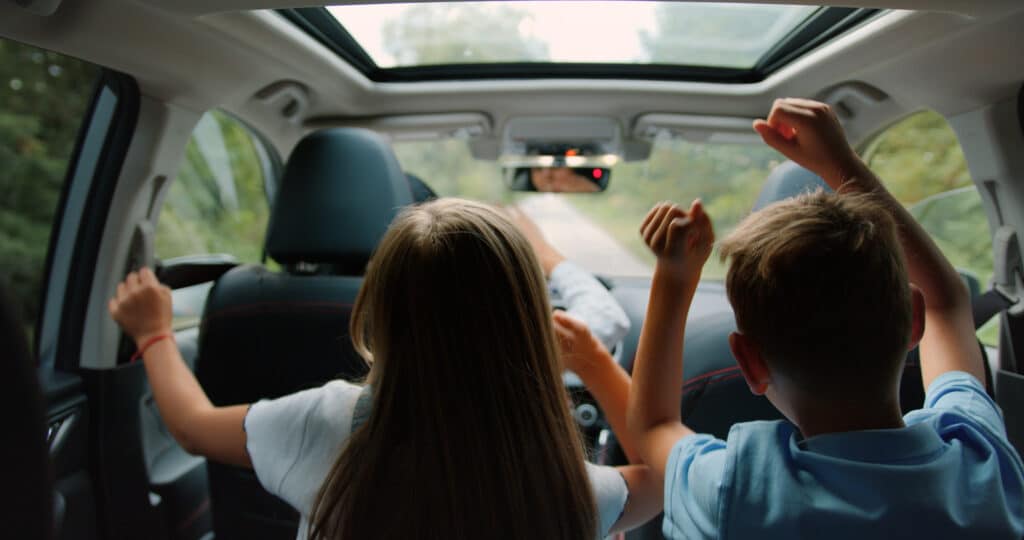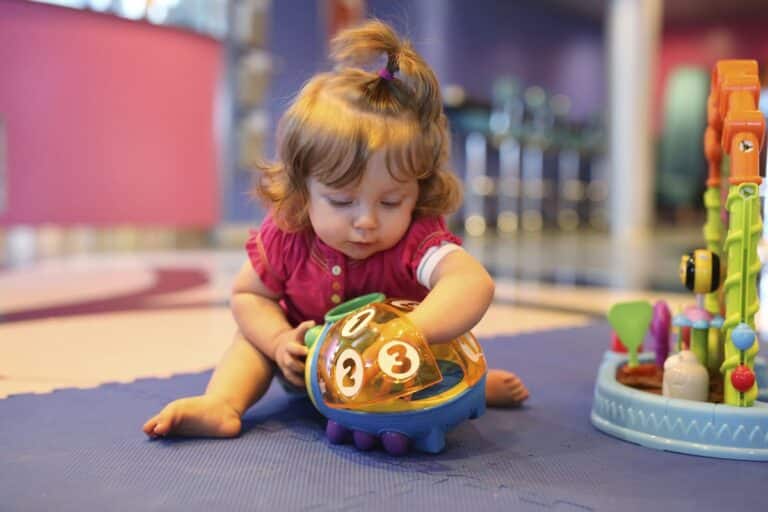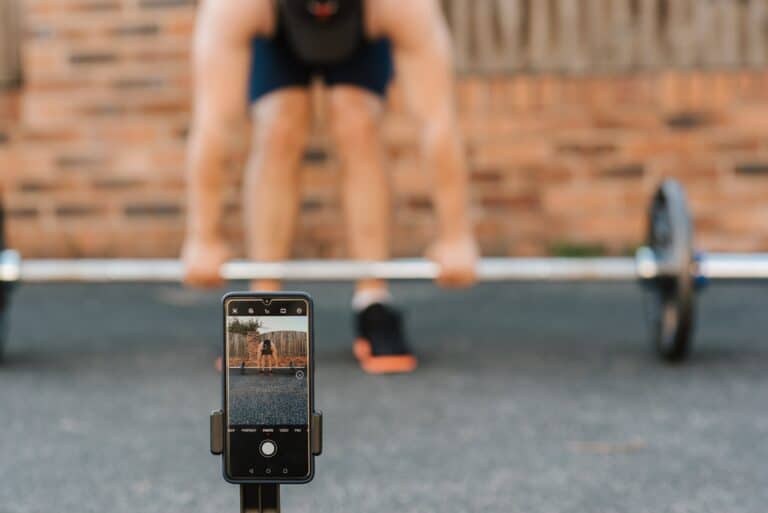Are you planning a road trip soon with your kids? Road trips can be an exciting adventure for the whole family. It’s a perfect opportunity to take your children out for exploration, immerse outdoors, and enjoy the fine weather. But as you embark on this exciting journey, ensuring your child’s safety should be your top priority. Being prepared for your family road trips is more than just packing up everything you need, but also knowing the tips and practices to maintain a safe, secure, and comfortable trip.
And so, this article outlines some valuable tips on keeping your child safe during road trips. By implementing these tips, you can have peace of mind and create wonderful memories while hitting the road with your little ones.
In This Article
1. Prepare The Vehicle
One of the common reasons for car accidents is due to defective vehicle parts. Thus, before hitting the road, it’s crucial to adequately prepare your vehicle to minimize the risk of breakdowns and ensure a safe journey.
Start by checking your tires to ensure they are properly inflated and in good condition. Then, have your brakes inspected by a professional to ensure they are responsive and functioning correctly. Lastly, make sure to secure all loose items within your vehicle to prevent them from becoming hazardous projectiles during sudden braking or a collision.
2. Have An Emergency Plan
While you never want anything to happen to your family during your road trip, having an emergency plan in place is still essential as part of your preparation. So, should you and your family be involved in a car accident or any emergency, everyone in the car should know how and who to call for help.
Ideally, everyone should have the numbers of emergency personnel, the police station, and even a car accident attorney, if possible. Besides offering immediate help, these authorities can provide you with additional resources about the proper steps to take during an emergency.
3. Buckle Up
The first and most important safety tip to ensure your child’s safety is to buckle them up properly. Since kids are generally smaller than adults, it’s recommended that you invest in booster seats for young children based on their age, weight, and height. Remember to read the manufacturer’s instructions for proper installation and use.
Then, place the child’s car seat in the back seat, preferably in the middle, as it offers the best protection from side impacts. Lastly, teach your child the importance of always wearing a seat belt, leading by example.

4. Plan Your Route
Planning your route is essential to road trips, especially when traveling with children. It’s crucial to plan your route ahead of time to avoid unexpected road closures, traffic, and construction zones. By planning your route, you can also estimate the time it’ll take to reach your destination and schedule breaks accordingly.
One of the best ways to plan your route is to use a GPS or map. GPS devices are convenient and easy to use, providing real-time traffic updates and alternative routes. However, it’s always a good idea to have a backup plan in case your GPS device fails. You can also use a printed map to plan your route and mark potential hazards or delays.
When planning your route, check for potential hazards such as steep hills, sharp curves, or narrow roads. Also, check for rest areas, gas stations, and restaurants along the way, so you can take breaks to avoid driver fatigue and keep your child comfortable.
Finally, share your route with someone who is not traveling with you, so they know where you’re going and can help you in case of an emergency.
5. Pack A First Aid Kit
Accidents can happen, even on road trips. A first aid kit can help you handle minor injuries and illnesses. Your first aid kit must include bandages, antiseptic wipes, pain relievers, allergy medicine, and any prescription medications your child may need.
6. Stay Hydrated
Staying hydrated is crucial, especially during hot weather. Make sure to bring plenty of water and other non-alcoholic beverages for you and your child. Avoid consuming caffeine and sugary drinks prior to the trip, as they can cause dehydration.
7. Bring Entertainment
Keeping your child entertained during the journey not only prevents boredom but also minimizes distractions. Pack a variety of age-appropriate entertainment options, such as books, toys, coloring supplies, and electronic devices.
Schedule regular rest stops to allow your child to stretch their legs and engage in physical activity. Encourage family bonding and cognitive stimulation by playing interactive games like ‘I Spy’ or the ‘License Plate Game.’
8. Avoid Distractions
Distracted driving is among the primary causes of car accidents. Thus, if you’re behind the wheel, avoid distractions such as texting, eating, or using your phone while driving. Also, ensure your child is not causing distractions by keeping them occupied and buckled up.
9. Maintain A Safe Indoor Car Environment
Loose items in your car can become projectiles in case of sudden stops or collisions, causing injuries to passengers. So, secure loose items such as luggage, toys, and other belongings. Also, remove any hazardous objects within your child’s reach and use childproof locks on doors and windows.
Wrap Up
Road trips can be exciting for the whole family, but safety should always be a top priority. With these tips, you can help ensure your child stays safe and comfortable during your trip. Remember to buckle up, plan your route, pack a first aid kit, avoid distractions, check your vehicle, and have an emergency plan. Happy travels!











